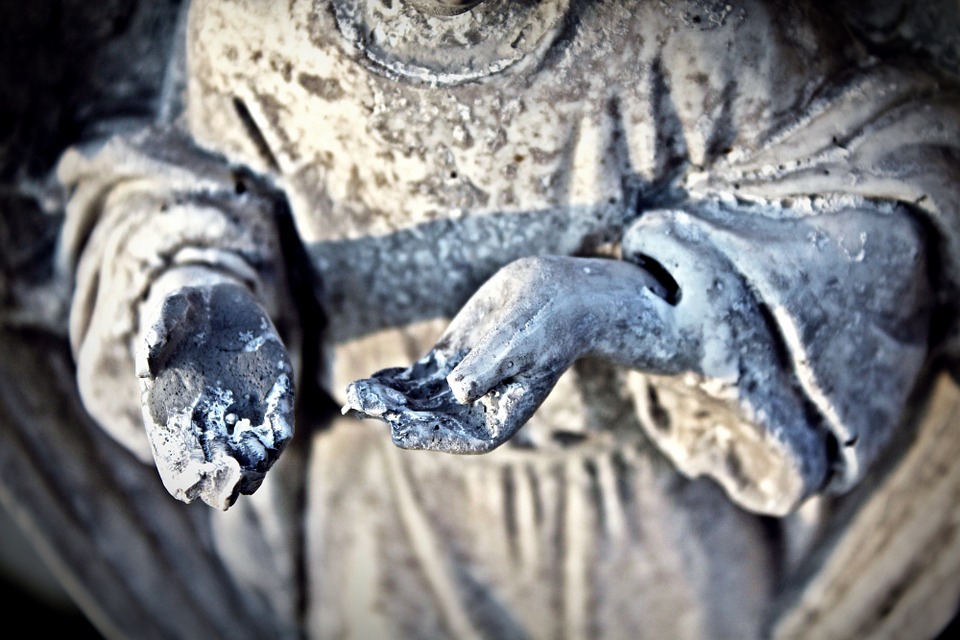How Does Madame Korobotchka Help Readers to Find out About the Motives and True Nature of Tchitchikov?
Introduction
The Poem of N.Gogol Dead Souls is a sharp satire on the landlord-serf system, trying to keep in autocratic Russia. Stupid, ignorant, losing a human face landowners are not only ridiculous, but terrible. It should be noted that Gogol reveals the image of Chichikov in a different way than the rest of the images of the heroes of the poem. After all, he could not characterize Chichikov through his relation to the feudal property and in the description of his life. Gogol shows this character in action, in the process of implementation by him of his intentions, in particular, in his meeting with Madame Korobochka (Blank, 1997).
“Empty-headed” Madam Korobochka is not so primitive and simple as it may first seem. Researcher of Dead Souls Vladimir Fedorov calls her “an ally of the author against the scoundrel-acquirer Chichikov” (Fanger, 1979, P.16). Why? Let us think: what namely Korobochka does not take in the adventure of Chichikov? The main argument of the hero in a dialogue with her is complete unsuitability of the dead in the economy – does not have probative value for Korobochka.
It would seem that Korobochka with “chicken” limited outlook is the complete opposite to Chichikov with his adventurism and breakneck wide scale of the conceived enterprise. But the similarities of Chichikov with her exist, and it should be noted that this similarity is considerable. It is no coincidence that here Gogol refers to the description of Chichikov’ box, and his description shows that this box that resembles a “dresser” of Korobochka. It seems that in a box of Chichikov as well as in the dresser of Korobochka there is nothing except travelling stuff. However, it is not so. “Under the upper compartment there is lower one, the main space of which is occupied by stacks of papers” (Gogol, 2003, p.65). Namely this another little lurking box for the money opened by the side of the box unnoticed lies. It was always quickly moved in and out at the same moment by the owner that probably one cannot say how much money was there. “Genius of miserliness, Korobochka immediately appreciates Chichikov’ version of her “dresser,” “A nice little box you have, my father … I guess you must have bought it in Moscow?” (Gogol, 2003, p.77).
Conclusion
Both in Chichikov and in Korobochka greed, drawing capital by any means are etching the human warmth of their hearts, and they are gradually transformed into the most real “dead souls.”
Works Cited
Blank, K. (1997). The Endless Passage: The Making of a Plot in the Russian Novel. PhD diss., Columbia University.
Gogol, N. (2003). Dead Souls (Dover Thrift Editions). Dover Publications
Fanger, D. (1979). The Creation of Nikolai Gogol. Cambridge, MA: The Belknap Press of Harvard University Press.
